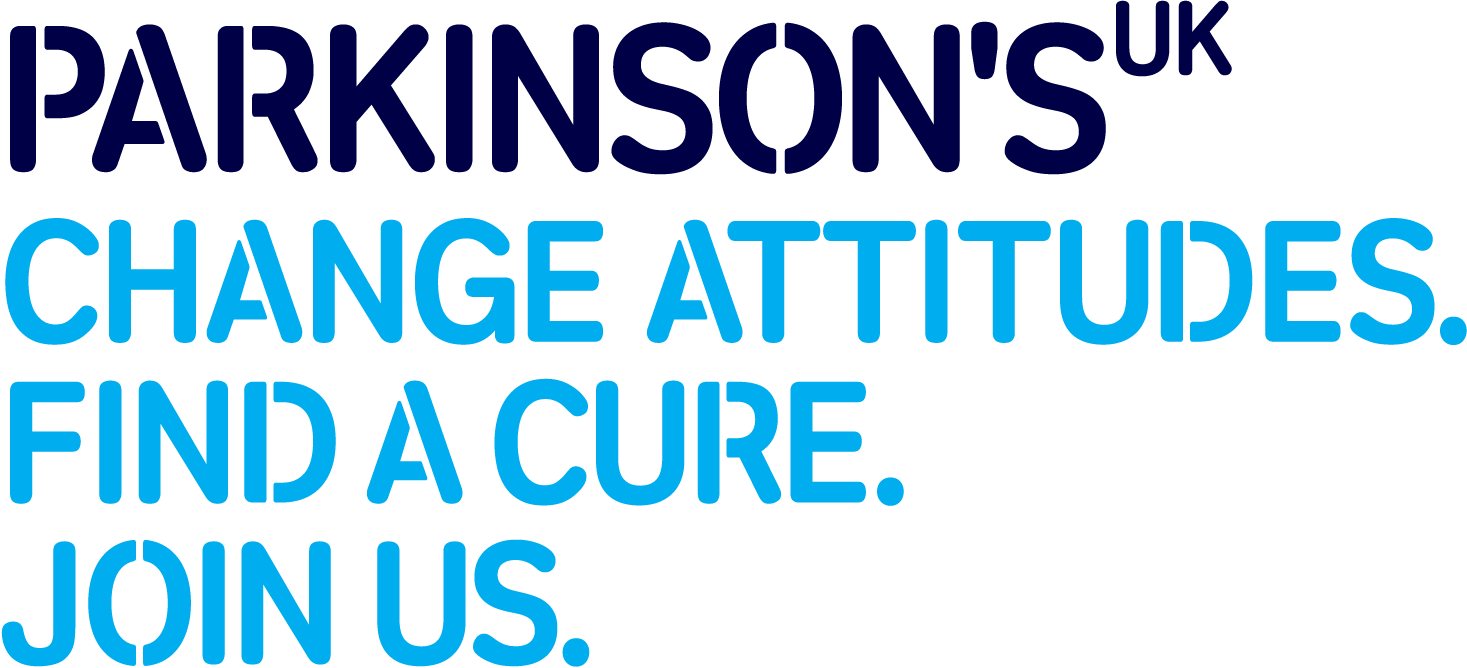I Increasingly spend way too much time awake, as well as way too much time on my own, as a consequence of having good old Parkinson’s and I can spend this time researching a random range of topics!
Anyway, this may get no responses at all, which is fine, but if anybody has any thoughts that they are willing to share, I’d be really interested in knowing them.
I have recently read a few articles about wearable technology and remote monitoring as the future of ‘healthcare’ for people with Parkinson’s. There’s actually a project currently running in Plymouth focusing on moving to this type of support in the near future. The headline states that it is about empowering people with Parkinson’s :-/ (my personal experience of empowerment is that it means cost cutting and DIY - but maybe that’s just me).
Anyway, reading through the information on the project, it seems that in addition to empowerment, a key driver for the development of this type of approach is that the healthcare system is unable (unwilling?) to fund sufficient specialist nurses and neurologists to provide adequate face to face support and can not meet the NICE recommendations with the current staffing levels so remote care and advocating that people affected ’ take control ‘ of their health needs is seen as the way forward .
Plymouth Remote Healthcare for Parkinson’s project
Now I personally don’t want to be forced to access medical support via a wearable device. Any such device will most definitely be provided by a private company and who knows what their data protection policy will be. I can see that there is a place for such devices in terms of monitoring motor symptoms and tracking certain behaviours (big brother or what!) but I’m not sure how remote monitoring is going to support with non-motor symptoms and I’m old fashioned enough to prefer to talk to somebody face to face - I don’t want to log very sensitive issues such as incontinence or sexual function problems or cognitive decline via an app.
The Plymouth Project, however, seems to have the support of the charity sector who collectively tend to advocate that they are driven by the views of the people they represent. Now I can only speak for myself but in addition to the fact that I definitely do not want to be forced to wear a tracking and monitoring device in order to access Healthcare support, I also doubt that I have the dexterity to use such a device. I’m unlikely to even be able to get it on and off on a bad day never mind about everything else without access to daily, face to face help, and I don’t have this - yup, not only have I been stupid enough to get Parkinson’s Disease, I’m also stupid enough to have acquired it while living on my own :-/
I am, however, generally grumpy and I worry about my personal and potentially identifiable data being sold as a commodity without my permission. There are suggestions that patient data could raise significant money for the NHS and maybe this is justifiable if sufficient safety nets can be put in place, but I’m not sure; there are some interesting articles discussing this: Forbes: Could the NHS sell its data for 12 billion?
The Guardian - NHS data worth billions
I have to wonder if the wearing of such devices is going to be mandatory in order for certain groups of people to access healthcare and I wonder about the enforceability and ethics of this, but maybe it’s not such a bad thing? I guess I’m curious to know what other people with Parkinson’s think?
J

 J
J